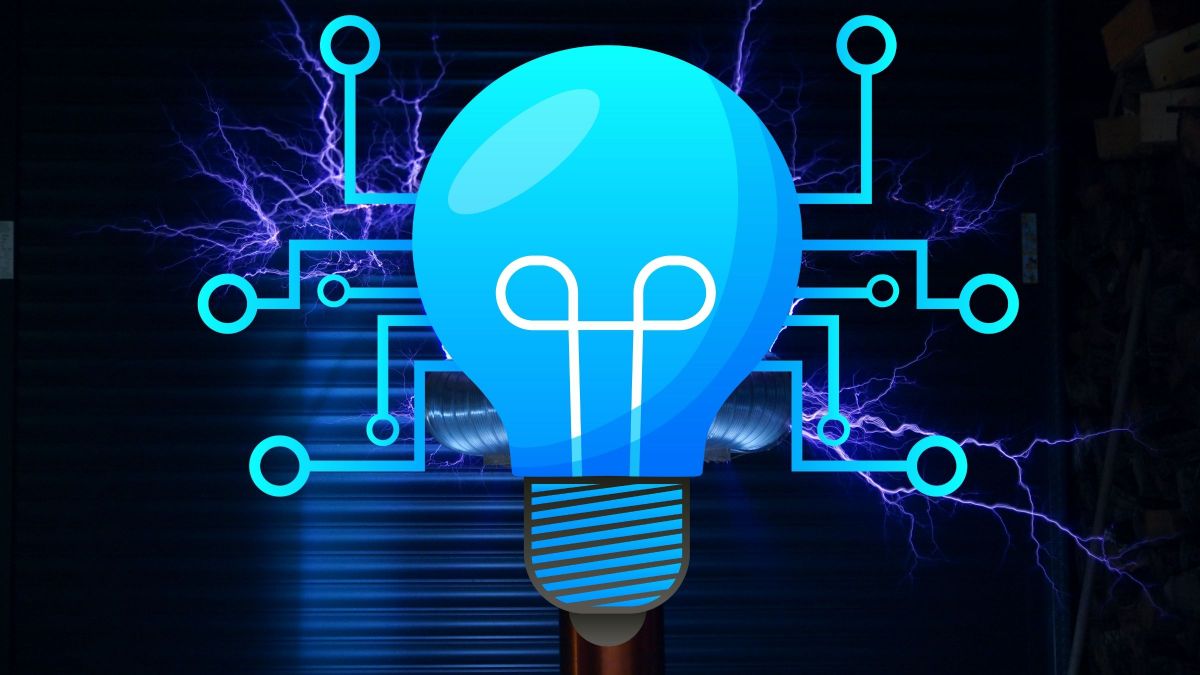Generating an image with AI uses as much energy as 950 full charges of your phone

The artificial intelligence has become a ubiquitous entity, powering everything from everyday applications to complex enterprise systems. However, this technological revolution comes with a hidden cost: its significant energy and environmental impact.
A study, carried out by experts at Carnegie Mellon University, has shed light on this issue, revealing worrying data about energy consumption and carbon emissions associated with artificial intelligence.
The research highlights that general-purpose generative systems, those designed to perform multiple tasks, are notably more expensive in energy terms and carbon emissions compared to specific systems for specific tasks.
This difference is especially notable when you consider that these multi-purpose AI systems are increasingly common in commercial technology products. The “ambition” of these systems implies a high price for the environment.
The study highlights the rapid growth in electricity consumption by major cloud computing providers, such as Meta, Amazon, Microsoft and Google.
The use of AI has increased global electricity consumption
The increase reflects the growing use of data centers, whose global electricity consumption has grown between 20-40% annuallynow representing between 1-1.3% of global electricity demand.
Going into the details of the study, we find that tasks like the generation of images and texts are the most energy and carbon intensive.
Generating images using AI models can consume as much power as 950 full charges of an average smartphonewhile text generation tasks are somewhat more efficient, consuming only 16% of that energy for 1000 inferences.
The research also highlights that although training AI models is energy intensive, the inference phase, where the models are actually used, can be even more demanding.
Finally, the study concludes with a call to the reflection on the use of general purpose artificial intelligence modelssuggesting that its implementation should be more careful and considered, especially in well-defined tasks.
This research, published in the MIT Technology Reviewnot only provides crucial information about the environmental and economic impact of AIbut also calls for a paradigm shift in the way we develop and use these technologies.



